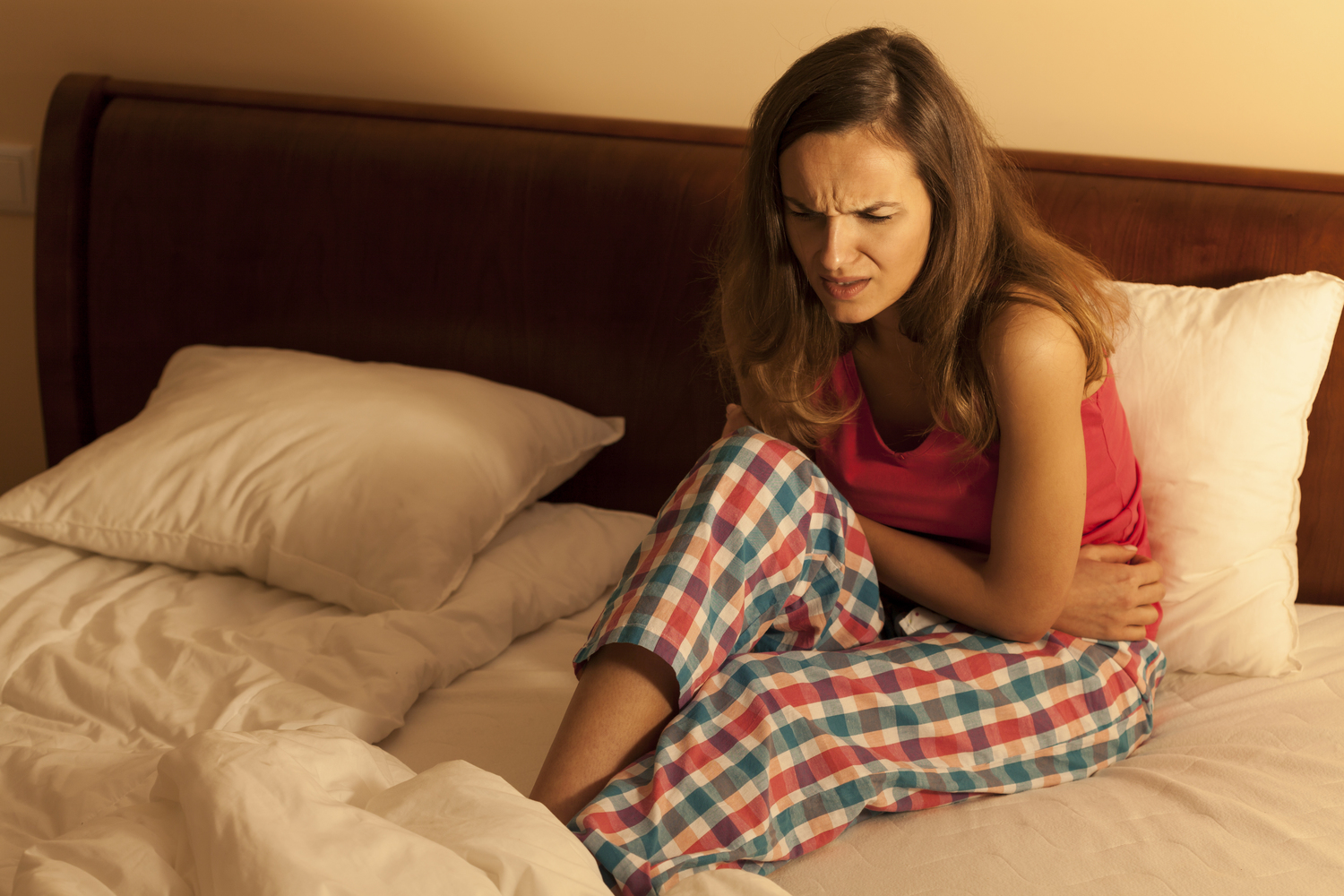
Early Signs and Symptoms of Ulcerative Colitis
Ulcerative colitis (UC) is a type of inflammatory bowel disease (or IBD) that causes sores or ulcers along the line of the digestive tract. UC attacks the inner lining of the colon and rectum, and unlike many diseases, its symptoms develop slowly and gradually. Patients with ulcerative colitis often display many early signs and symptoms prior to a formal diagnosis, including:
1. Diarrhea
Ulcerative colitis usually leads to inflammation in your colon that begins just above the anus, at the lower end of the colon. It graduates upwards progressively, to varying distances, and results in frequent contractions in the intestines, affecting the normal functioning of the whole area. When that happens, you tend to experience urgent bowel movements and frequent diarrhea. In some cases, the inflammation may destroy the cells lining the colon, leading to ulcers or sores. These sores may bleed and result in bloody diarrhea. Avoiding certain foods like milk, carbonated drinks and eating smaller meals usually help relieve these symptoms
2. Abdominal pain and cramping
This is one of the most common symptoms of ulcerative colitis. Abdominal pain is usually caused by inflammation, and it tends to feel like a hand is gripping your insides tightly, or a sensation of continuous squeezing and releasing in the abdomen. As you can expect, this symptom cannot be left unmanaged because it can interfere with every aspect of your life. The degree of pain or cramping is directly linked with the level of inflammation in your colon and rectum
3. Rectal pain and bleeding
In some cases, ulcerative colitis can cause inflammation that is confined in the region that is closest to the anus known as the rectum. Doctors usually refer to this as ulcerative proctitis. When this happens, the first sign that your body would present is rectal bleeding. Due to the inflammation that is characteristic of the disease, rectal pain usually follows, as well as redness in the region. You may also experience anemia if the blood loss is severe
4. Weight loss
Ulcerative colitis usually leads to weight loss because it affects the amount of calories and nutrients your body is receiving to meet your daily needs. Some of the reasons why you may lose weight as a victim of ulcerative colitis include the following:
- Lack of appetite and food aversions. Loss of appetite is a symptom that occurs in one out of ten people with the disease, and it increases during flares. You may feel full or disinterested in food when you’re struggling to manage nausea, bloating, pain and diarrhea.
- Malabsorption. Ulcerative colitis makes it difficult for your body to absorb enough nutrients into the body such as proteins, vitamins, minerals and fat. This is often a consequence of inflammation.
- Increase in calorie burning. As the body tries to fight the disease and stabilize the body system, the body tends to burn a lot of calories in the process, leading to weight loss
- Nutrient loss. As you can imagine, frequent diarrhea and intestinal bleeding leads to massive nutrient losses. The problem is worsened by the slow process of nutrient absorption due to damaged intestinal walls and other complications.
You should see a doctor if you spot one or more of these symptoms to discover the underlying cause.



